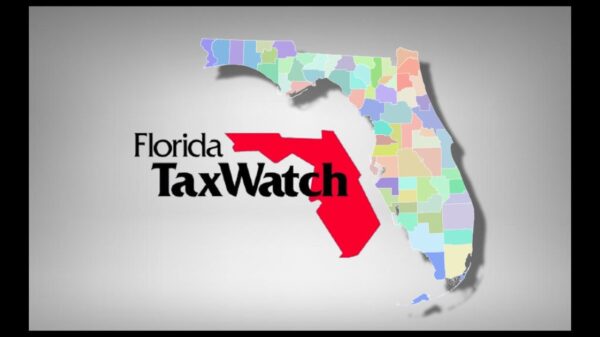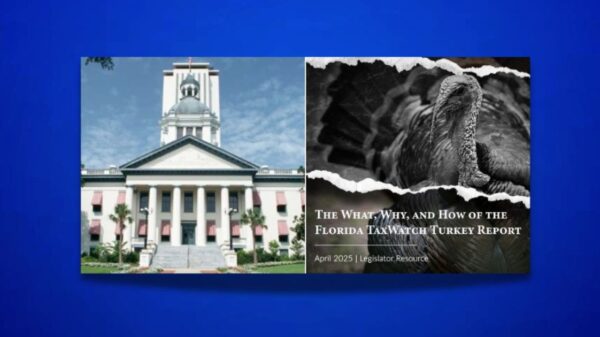Last week, Florida TaxWatch (FTW) released “The Impacts of Impact Fees on the Cost of Housing.”
Impact fees are (typically) one-time payments imposed by local governments on property developers to generate funds necessary to accommodate the impacts of new development on existing public facilities and services. FTW undertook this independent research to better understand the effect of these fees on housing costs in Florida.
Florida TaxWatch President and CEO Dominic Calabro weighed in on the findings.
“Some view impact fees as a revenue source for important infrastructure needs that arise as Florida’s communities continue to grow at a rapid pace. But these fees have also been shown to increase housing costs, and therefore, others perceive them as constraints to local economic development, stifling investment and driving jobs to other ‘fee-free’ jurisdictions,” Calabro said.
“What is indisputable, though, is that regressive impact fees can exceed thousands of dollars per unit for a mid-rise, multi-family residential structure – significantly more for a modest, single-family home – and as a result, developers are often forced to pass along that burden to new and young homebuyers and renters who are already facing soaring housing prices, many of whom have low or fixed incomes, making the American dream of homeownership more and more out of reach,” Calabro added.
“In an effort to address the effects of increased impact fees on working and middle-class individuals and their families, the Florida Legislature has previously taken action to limit the ability of local governments to increase impact fees; however, in doing so, it makes it more difficult for our state to pay for its enormous growth,” he said. “Florida TaxWatch cautions current residents that, without additional financial support, they can expect to pay higher property taxes to maintain existing public facilities and services, or perhaps accept diminished levels of these services. With that in mind, we stand ready to assist policymakers as they work to identify an appropriate, effective solution to this dilemma on behalf of their constituents.”
According to Section 163.31801, Florida Statutes, the Florida Legislature considers impact fees to be an “important source of revenue for a local government to use in funding the infrastructure necessitated by new growth,” and the amount of an impact fee should be a “fair” or “proportionate” share of the costs of improvements made necessary by a new development and cannot be imposed to address existing infrastructure deficiencies (except where exacerbated by the new development). Additionally, the Florida Department of Financial Services, which monitors impact fees by county, reports that local governments collected $1.8 billion in impact fee revenues for the fiscal year that ended on September 30, 2021.
In this commentary, FTW noted that local governments claim impact fees are the only feasible means of sufficiently financing new infrastructure in a tax-averse political environment. Moreover, adding new properties to a local tax roll increases the local government’s tax base and provides additional property tax revenue for public use. Yet property developers often argue that impact fees are regressive, increasing housing prices, which hurts Floridians’ wallets, and deterring new construction, which limits economic growth in communities across the state.
In response to those concerns, House Bill 337 was passed by the Florida Legislature and signed by Gov. Ron DeSantis in 2021, establishing (with exceptions) that:
If a local government, independent special district, or school district increases impact fees by 25 percent or less, the increase must be implemented in two equal annual increments.
If an impact fee is increased between 25 and 50 percent, the increase must be phased in in four equal installments.
Impact fee increases in excess of 50 percent are prohibited, and impact fees may not be increased more than once every four years.
FTW acknowledged there is debate about whether impact fees promote or discourage growth and development, but Floridians should be aware of the potential implications of this recent legislation, which include paying a larger share of the costs needed for infrastructure improvements.





















